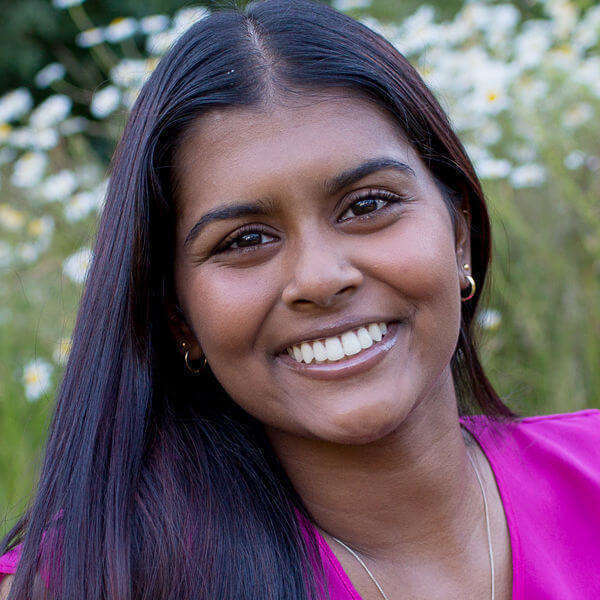Appreciating the diversity of experience
February 5, 2020
“…you can't tell people their experiences with race aren't valid, because everybody's experience with race is completely different than somebody else's.”
When I was in kindergarten, I was one of the only, like, not white kids in my class. And I came home from school one day and I thought I was just really really dirty because my skin was brown. So I tried to like, scrub it off. And my mom found me like just like very angrily scrubbing my arm with like a washcloth and she was like, what are you doing? And I was like, well, I'm just really dirty. And my mother thinks it’s really hilarious; everybody else I’ve ever met thinks it’s the saddest thing they’ve ever heard. I also once tried to baby powder myself white. That didn't work either. I was just gray. Race has been a very apparent thing in my whole life growing up. And I've kind of just come to terms with it.
The Black Lives Matter movement, not that I'm black, but the Black Lives Matter movement and the reaction to it, I think is something that really shaped the way that I saw race in America because it always kind of stood out to me as like, this is an important issue that we have to talk about. And it never really crossed my mind that people didn't think that as well. And the big reaction of All Lives Matter and Blue Lives Matter and just kind of trying to like, equivalate. Is that a word? Okay, like race to other things and try to like push that under the table that kind of really screamed in my face that, America does not want to talk about race and it's not an issue that is ever really going to be talked about because it really leads to so many uncomfortable conversations.
I think racial discrimination is a symptom of racism. If you look at racism as an overarching system that kind of permeates every aspect of American society, which is a bold claim for some, but I feel like that's a pretty accurate claim that you could make. And I think racial discrimination is just one way that we see it. And one way that it's just really, like present in life. But it looks very different for people of all races because racial discrimination looks completely different. I would never face the same experiences as an African American woman or as like, a Latino man. So it's very hard to speak to racial discrimination, especially because racial discrimination against South Asians isn't very, like present because a lot of people like on the spectrum of race, a lot of people would place Asians closer to the white experience than to a person of color experience.
And a lot of people don't recognize that because you can’t just place every race somewhere between black and white because the Asian experience, the Latino experience, it's so different than the black experience, especially in America when you look at like, history. So I wouldn't identify on a spectrum at all. Just I don't think a spectrum is a realistic way to look at race.
And I think there's a certain aspect that just needs to be just, this conversation has to start with just listening to people. And just listening to people's experiences with it and not telling them that their experience like you can't tell people their experiences with race aren't valid, because everybody's experience with race is completely different than somebody else's. And to say that only one experience of race is valid is completely just erasure, and inaccurate and gross and rude frankly just to tell somebody that their reality is and true.
About the interviewer
Claire Rafford is a junior at the University of Notre Dame majoring in English and minoring in Journalism, Ethics and Democracy and Business-Economics.

Nelisha Silva
Nelisha Silva is a sophomore at Notre Dame majoring in English and Global Affairs. She is currently serving as the vice president of Pasquerilla West Hall on campus.